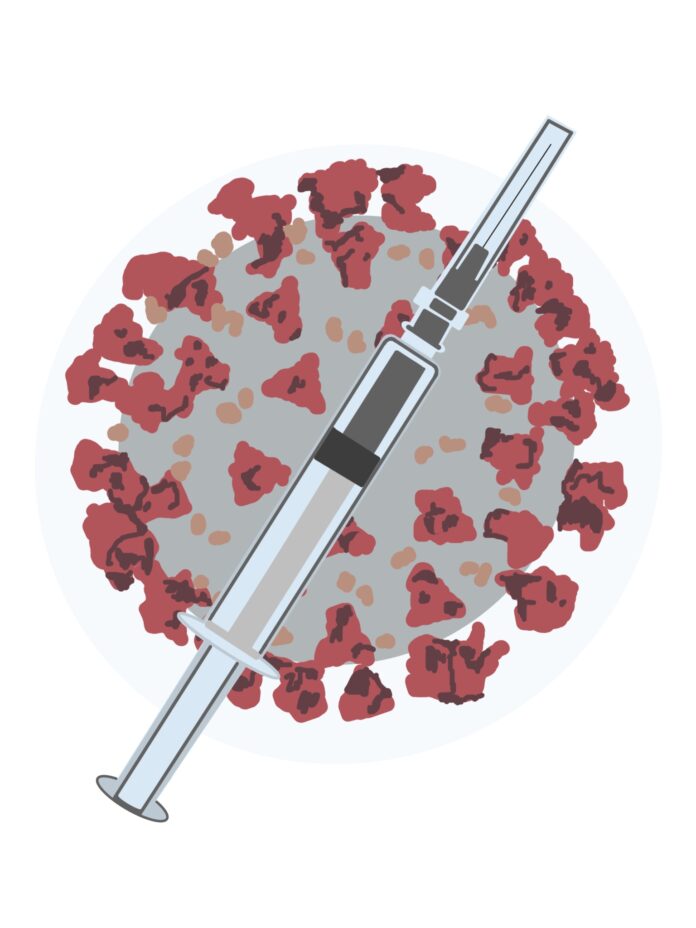On January 25th, 2020, the first case of COVID-19 was confirmed in Canada.
Professor Zahid Butt, a public health expert, spoke on his thoughts on what we’ve learned about COVID-19 in the past year.
COVID-19 affects all of society, there is increased severity in the elderly population and disproportionate effects among marginalized and racialized populations. Dr. Butt said that this may be the result of socio-economic disparities. He emphasized that we also know variants of the variant may be more transmissible than others, and it is important to be vigilant and follow public health guidelines strictly.
When asked about what we still need to learn about the virus, Dr. Butt pointed out gaps in our knowledge of the virus. We are still not sure whether a person can pass the virus to another person after getting vaccinated and whether there is a seasonal variation to COVID-19.
Dr. Butt also responded to how he thinks we will be in terms of controlling the virus one year from now, both in Canada and globally.
“There is no clear answer to this,” Dr. Butt stated. How fast and how much of the population in Canada is vaccinated during this year, how strictly public-health guidelines are followed, and the economic, social and political support required to tackle this virus are all important factors in answering this question. Further, the goal of controlling the virus also depends on governments, national and international public health agencies, and donor agencies to working together.
On January 14th, 2021, Canada’s COVID-19 vaccine rollout hits its one-month mark.
Recommendations from the National Advisory Committee on Immunization (NACI) suggests those most vulnerable to the virus’ outcomes, and those who care for them, should be first vaccinated. In the spring, the vaccine rollout will open up more, most likely to more seniors, essential workers and those susceptible to the virus.
Dr. Maxwell Smith, a public health and infectious disease expert, was asked who’s next in line to get the vaccine. He emphasized that Phase 2 priority lists are not confirmed as the epidemiology within a region could quickly change.
In regard to dosage requirements, NACI enforces that the dosing schedules from the clinical trials, 21 days for Pfizer and 28 days for Moderna, should be followed. To inoculate more individuals up front, some provinces have decided to delay the second dose. However, experts advise against this.
Steven Kerfoot, an associate professor in the immunology and microbiology department at Western University, responded to the popular question of how long does acquired immunity last.
“You can’t know for sure — there’s no test to tell you this will last for 10 years. But there’s absolutely no evidence to say immunity is going to disappear in a year,” Dr. Kerfoot said.
Clinical data demonstrates that both Pfizer and Moderna have a 95 percent efficacy in preventing severe disease caused by the COVID-19 virus. Data from past COVID-19 infections and the vaccines suggest that, for most people, the immune response will last up to a few years.
































